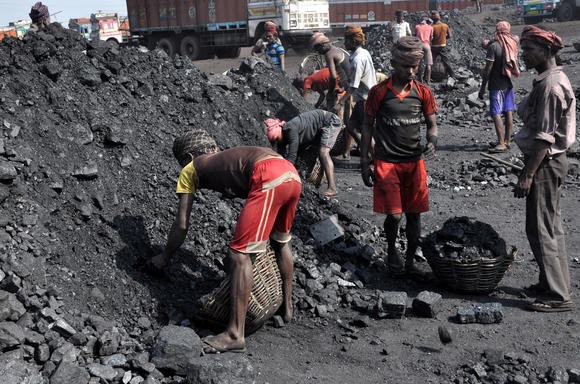
Coal in India: Transitions and Persistence with Rohit Chandra
February 2, 2018 | 12:30 – 2pm
Johns Hopkins School of Advanced International Studies
Rome Building
1619 Massachusetts Avenue, NW
Washington, DC 20036
Like many other countries, India’s industrial base and electricity system has been built largely on the back of coal-based power generation. Since nationalization in the early 1970s, Coal India (CIL) has weathered many political and economic obstacles in trying to deliver on the nation’s coal demands. In all the recent euphoria about renewable energy, the deep historical connections between the Indian state and the coal industry seem to be unacknowledged. Both financially, and politically, the Indian state is deeply invested in coal and coal-based power generation. This is likely to make the transition to renewable energy gradual, not precipitous, as many have been predicting. In this talk, Rohit will give a brief historical sketch of the Indian coal industry, and then discuss some of the reasons why coal and its downstream use in power and other industries is likely to persist in India for the foreseeable future.
Rohit Chandra is a doctoral student at the Harvard Kennedy School, studying energy policy and economic history. His dissertation is a political and economic history of the Indian coal industry from 1960-2015. In the past, he has worked with the Centre for Policy Research, New Delhi, Center for Advanced Study of India in Philadelphia, and Brookings India.
Event Schedule
Introduction of Speaker
Speaker Presentation
Question and Answer Session
- 00
Days
- :
- 00
Hours
- :
- 00
Minutes
- :
- 00
Seconds
Venue Details
Johns Hopkins SAIS
Johns Hopkins School of Advanced International Studies
Rome Building
1619 Massachusetts Avenue, NW
Washington, DC 20036
